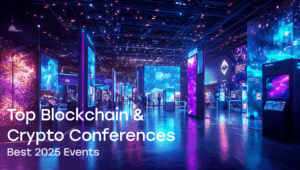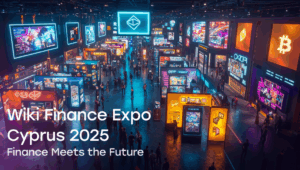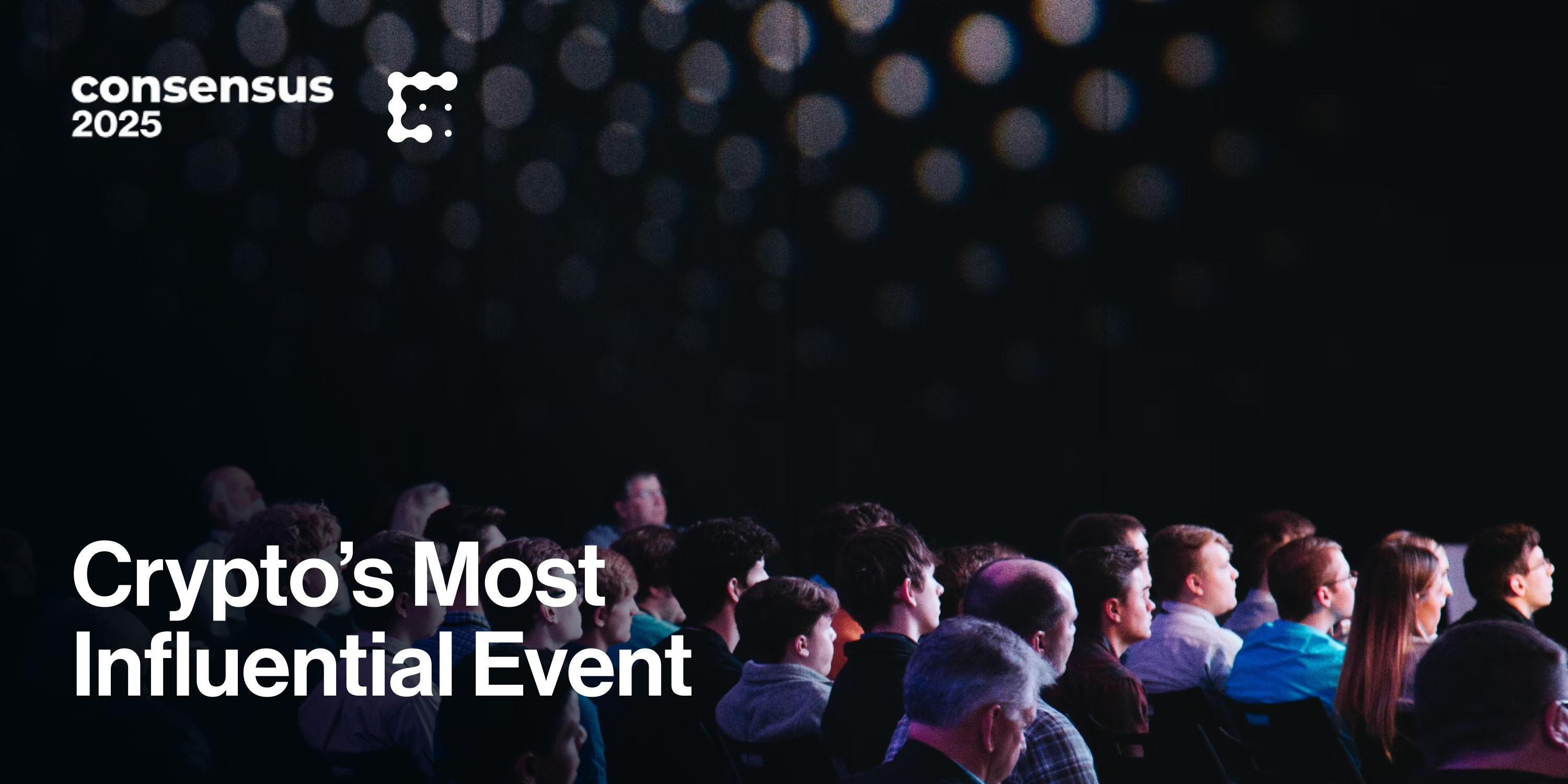share
In this article, you will be able to immerse yourself in the world of contemporary art. You will explore what an NFT is, how to engage in NFT development, and why people make money on NFTs. It is high time to understand how this whole sector emerged and the key aspects of NFT marketplace development. We will discuss how the new technology can solve marketing problems.

What Is the NFT Sector?

NFT is a fairly new technology in a rapidly growing sector. There is no consensus yet about its prospects and application in society. Some think that people are paying millions of dollars for nothing, while others believe that these are undervalued assets of the future.

History of NFT Development
In 2021, major brands that launched projects with non-fungible digital assets received resonance in the media and attracted attention.
The story of NFTs is much more valuable than a Nyan Cat GIF sold for $600k or Jack Dorsey’s three million dollar tweet purchased in 2021. It’s a story about human psychology and how the way we value things is shifting because of technology — a technology that some people think may revolutionize our society.

Tokens can permanently change the system by which digital content copyrights work. This will help protect crypto paintings and other content from illegal copying.
People paid for unique virtual assets long before tokens appeared; for instance, players and fans bought armor and weapons in games like Warcraft. NFTs have gone far beyond the game world, although they are used there quite actively. Currently, artists can digitize and sell their artworks.
The value turns into psychological hype and excitement around a certain thing. People have already been doing this for a long time, as the whole art industry is based on a bunch of people deciding that a painting is valuable — and, thus, it is valuable. Also, scarcity makes non-fungible tokens cherished, as each NFT has its set of modifications and features.
What Does NFT Mean?
In general, the NFT ecosystem includes the tokens themselves, NFT marketplaces, NFT development services, and smart contracts.

Tangible and Intangible Assets
NFTs have unique attributes, which are usually associated with a specific asset. They can be used to confirm ownership of digital items or even the ownership of physical assets. Ultimately, digital NFTs can be used to represent tangible and intangible assets.

It can happen that the token does not contain the image or video itself; instead, it may have a link to the decentralized IPFS protocols and storage wherein lies this exact object. But that isn’t always the case and could be a reason to doubt the quality of the token.
You should be aware of the second-rate collections that store a non-centralized link to a picture or video in the record because they may not be trustworthy.

What Are Non-fungible Tokens?
NFT stands for “non-fungible token” – a non-interchangeable, or even simpler, unique token. They first appeared back in 2017 on the Ethereum blockchain platform.
Banknotes, coins, and fiat money can simply be exchanged. If they have the same value, then there is no difference for the owner between one bill and another. Bitcoin, like other cryptocurrencies, is also an interchangeable token.
Unlike currencies, your flat, your dog, or your favorite blue jacket are not interchangeable (non-fungible). They are the only ones of their kind, analogous to the tokens that we analyze in this article.

How Do NFT Tokens Work?

A blockchain, where NFTs are stored, is a distributed database that saves information about all transactions of system participants. Blockchain technologies have made it possible to decentralize almost everything. Decentralization works as the elimination of central authority because it can ensure the operation of complex systems automatically.
But NFTs are not just JPEG images that are stored in the blockchain. We can’t just take a screenshot and pretend that it’s the original one; NFT is a much more complex phenomenon.
What Is an NFT Token?
A token is an exclusive right to a product. By owning, buying, selling, and exchanging a token, we perform all these operations with the product itself. An NFT token turns a digital asset into one of a kind, creating a unique digital signature. A signature determines the ownership of the assets, which can be bought and sold for fiat money or cryptocurrency.
To state the ownership of an NFT token on the own NFT marketplace, you need an entire group (several computers automatically approving the transactions in a blockchain) to validate that it is real and that only one of the unique item exists.
A Win-Win Verification Strategy

NFTs are easily verifiable on the blockchain, so owning an NFT is something that cannot be faked. It is necessary to value the ability of applications or protocols to easily and efficiently access NFT data stored on the blockchain.
This ability allows NFT developers to implement a large number of useful functions since they no longer need to spend traffic or memory to verify the identity of participants in the ecosystem.
As for users, now, they also have the right to remain anonymous in these systems; their NFT is, in fact, the only thing they need to confirm their identity. Abandoning this procedure simplifies the “know your customer” (KYC) verification and provides a win-win situation for both users and developers.

Where Are NFTs Used?
Diving deeper, we can explore what can be tokenized and where the most utility of the non-fungible tokens lies.
- Unique crypto collectibles
- Crypto gaming industry
- Contemporary art in the digital space
- Music, videos, and other content
- Trading cards and digital collectibles on the NFT marketplace
- Subscriptions to the content
- Software license management
- Real-world assets & real estate assets

The Unique Properties of NFTs
What makes NFT one of the fastest-growing sectors of the crypto industry? Take a look at the attributes of non-fungible tokens below:
Trading Opportunity
The sale of NFTs is not just for digital art creators. Many market participants trade NFTs from their collection. It means that if you have already purchased non-fungible tokens from the NFT marketplace, you can put them up for sale. In 2021, a lot of resellers bought NFTs from the creators or during the pre-sales and profited from the price difference.
Present Ownership and Inalienability
Your digital asset is decentralized. It does not depend on the system in which it is located. With an NFT, you have a certificate of owning this product, image, file, game item, or other asset made by the development team. It cannot be involuntarily alienated since the technology ensures irrefutable ownership of the assets.

Deficiency
Each NFT token contains a computer code that approves its specific digital identification. The rarer the assets, the more valuable and expensive those unique collectibles will be. You may even check the rarity index of NFTs yourself by entering their unique identifier addresses into the verification instrument.
Indivisibility
NFTs were initially developed in such a way as to be indivisible by default. For illustration, you cannot buy an airplane or concert ticket and split it between two individuals. Just one person may use the ticket. Indivisibility means that we cannot break the token into parts, and you ought to buy the whole non-fungible token to own it. When you purchase an NFT, you own the whole item.

How Do I Create an NFT Token?

NFT token development is the process of implementing your own NFT tokens into the market. Here, you can see a brief explanation of how an NFT collection is built.
Step #1
First of all, you will need the object to which the token will be linked. The NFT’s final price depends on the token’s uniqueness and exclusivity. It can be an image, a GIF, a creative video, or a song, for instance. You may even use tokens to sell your stamp collection, sculpture, or painting.
Step #2
Next, you need to choose a platform, depending on which NFT marketplace platform is most convenient for you to use — for instance, Open Sea, Axie Marketplace, or Larva Labs.
Step #3
To create an NFT, you need a cryptocurrency wallet and a supply of coins that may be needed to pay the commission. It is necessary to register on the platform and authorize via Meta Mask or Trust Wallet.
Step #4
After that, find the “Create” button on the main page, upload the digital objects that you want to link to the token, and add their description. Users have an opportunity to create both individual NFTs and collections.
Step #5
Having created an NFT, you can save it, put it up for sale on the NFT marketplace, or transfer it to another user. Again, in some cases, you will have to pay a commission for this.

What Is NFT Marketplace Development?
Artists and creators earn unbelievable sums of money while enjoying the freedom to create whatever they want. Some companies use the new technology as an opportunity for PR campaigns.
Let’s explore what the NFT marketplace platform is and where exactly customers can buy and sell NFT tokens. To clearly understand how the NFT marketplace works, we should take a look at its detailed functionality.

NFT Marketplace Platforms
We cannot buy or sell NFTs without an intermediary. An NFT marketplace is a trading platform that sells non-fungible tokens of various owners and creators. The OpenSea is the world’s first and largest platform. The other well-known marketplaces are Rarible, Larva Lab, Nifty Gateway, and Axie.
Why Do We Need NFT Platforms?
An NFT platform works as a showcase of collections and individual pictures. All of the NFT platforms have the opportunity to buy, sell, or place a bid. They also have a search function and filters for you to quickly find the right author or choose a price category.
The Algorithm for Working With Trading Platforms:
- A person creates a digital object or a collection of objects and links them to the crypto wallet. NFT trading platforms use smart contracts to determine the terms of sales.
- Then, we upload an object and its description to the marketplace website.
- The marketplace sells our products.
- After a certain time, which is specified with the help of a smart contract, the NFT marketplace transfers the money to the crypto wallet.

NFT Marketplace Development and Design
NFT marketplace development should be started by choosing the perfect approach for you. There are two main options: starting from scratch or using an earlier solution.
Starting From Scratch
The first option is typical, and your own NFT marketplace will be designed from the very beginning. It assumes a lot of time and effort, and the cost will be higher. We should bear in mind that the NFT marketplace should be unique.
Using Existing Solution
The second option lies in choosing an existing solution for NFT marketplace development, which will be cost-effective and won’t take much time. NFT development services provide users with customizable samples, so it would be beneficial to use them to speed up the release of the collection.

Smart Contracts in NFT Development
A smart contract is a segment of code that can be executed automatically. The smart contract code is typically held and used by the blockchain to increase its reliability and protection. It can independently receive, store, and transmit funds. Smart contracts contain information about transactions linked to the crypto wallets, which makes up overall ownership data.
Why Do We Need Smart Contracts?
They perform the same functions when interacting with non-fungible tokens. A contract is a central element to the proper functioning of NFTs since non-fungible tokens are minted using them. It can be perceived as a leaflet with commands to which you can apply and receive an NFT for a fee, purchase or sell it, or confirm a transfer.
Roughly speaking, a smart contract is an instrument that allows you to communicate with the blockchain. It’s noteworthy that smart contracts comply with various standards, such as ERC-721, to work with NFT marketplaces.
What Is an NFT Developer?
This digital world attracts programmers to take part in promising projects connected with non-fungible token development, where computer scientists and blockchain experts are of high value.
What Does an NFT Developer Do?
NFT developers create contracts as code for operating in a blockchain, which is maintained and managed by a network of computers. They can provide the NFT marketplaces with different complex selling mechanisms like auctions, pre-sales, or instant sales.
Truth be told, many artists turn to an NFT development company to overcome the competition of a thriving popular market. By recruiting a development team, they can expand their NFT project and increase their profits.

What Do NFT Developers Need?
For NFT development, it’s vital to have a fundamental understanding of non-fungible tokens and their functions for efficient work in the sphere of digital assets. Moreover, smart contract developers must have experience in computer programming, blockchain technology, and specific programming languages, such as Solidity. NFT development requires a qualified specialist.
What Are NFT Development Services?
The decentralized non-fungible token (DNFT) is built on the DNFT protocol. It is a specifically programmed network that allows users to mint, trade, and operate with NFTs through the blockchain.
To perform the NFT token development, an expert uses the DNFT protocol to create decentralized, non-fungible tokens that meet different business needs.
Specialists and blockchain experts work to offer decentralized token development services that would help you achieve various business goals by ensuring irrefutable ownership of the NFTs.

Takeaway
NFTs are non-fungible tokens with indivisible features. For instance, the inclusion of art functions in the form of augmented reality and virtual reality gives unique characteristics to NFT. New-fangled crypto-collectibles initially developed on the most popular NFT platform, Ethereum, have hit the headlines of the most famous newspapers and media resources.
The skyrocketing sector of NFT development and NFT marketplaces seems the best way for future generations to be fully involved in their NFT token development and trading. While blockchain technology offers users the security of their digital assets, developers provide us with solutions to create, release, or exchange non-fungible tokens.





